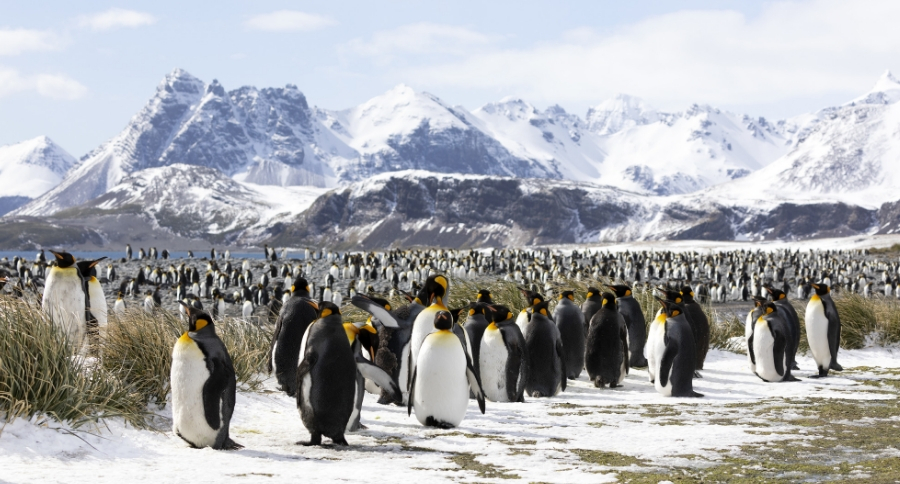I rarely write or talk about the zoo as I haven't been in ages, but I must admit one of my favorite group of animals to watch and observe is the penguins. I find them fascinating. With that in mind, this story resonated and we wanted to share what we learned about the magnificent emperor penguins. I'm asking readers to grab a lot of Kleenex lately so please go grab more.
It is being reported that thousands of chicks drowned after an ice shelf in Antarctica collapsed. Usually, 15,000 to 24,000 breeding pairs of emperor penguins flock each year to the breeding site which makes up around five to nine percent of the entire global emperor penguin population.
"The world's second largest emperor penguin colony is believed to have been effectively wiped out overnight, with thousands of chicks drowning after an ice shelf in Antarctica collapsed."
Emperor penguins are the largest penguin species and weigh up to 88 pounds. They need stable sea ice on which to breed, and this icy platform must last from April, when the birds arrive, until December, when their chicks fledge. They incubate their eggs and tend to their chicks - one per pair - on the sea ice.
A team from the British Antarctic Survey, used high-resolution satellite photographs of the excrement of seabirds and over time, to reveal the findings.
Storms killed almost all the chicks at Halley Bay in the Weddell Sea between 2016 and 2018.
https://www.instagram.com/p/BvmawymjCWM/
Watch this video as you can see the vast number of them gather and huddle for warmth.
The 2016 storm caused the major damage to the ice shelf where they breed and sea ice conditions never stabilized. The breeding failure according to scientists has been ongoing from 2016 to 2018.
The silver lining is the colony moved to the Dawson-Lambton Glacier and the numbers are on the rise.
This is one of the largest penguin colonies and to see the impact of this news is horrifying! The satellite images shown are remarkable though and it's important researchers and scientists are paying attention!
The team's findings are published in the journal Antarctic Science.
Would you like to share your thoughts on climate change and if this is having an impact on the penguin population? Please leave a comment below.
WATCH NOW: Dog and Flight Attendant Love Story




